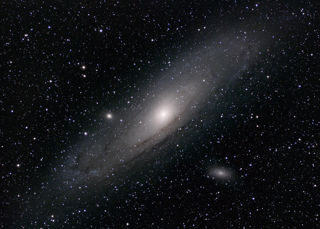
Voyager 1:2 Scale Model
Voyager 1:2 Scale Model
A half-scale model of the Voyager spacecraft. The Voyager mission consisted of two identical spacecraft, Voyager 1 and Voyager 2, which were launched separately in 1977. A rare planetary alignment provided a once-in-a-lifetime opportunity to explore Jupiter, Saturn, Uranus, and Neptune all in one mission. The Voyager spacecraft used each planet’s gravity to propel them to the next one. These gravity assists increased the velocity of the spacecraft. At the end of their tour of the planets, the spacecraft were travelling at more than 35,000 miles an hour. This caused them to overtake the Pioneer 10 spacecraft as the furthest human-made objects from Earth.The first stage of the mission was to conduct close-up studies of Jupiter and Saturn, Saturn’s rings and both planet’s larger moons. A key target was Saturn’s moon Titan. One reason for having two spacecraft was to provide a spare should the first fail to observe Titan. It was important to scientists as it is the only moon in the solar system known to have a dense atmosphere, with conditions believed to be similar to the early Earth. Once Voyager 1 had completed its flyby of Titan, its tour of the planets ended as it headed straight for the edge of the Solar System. Voyager 2 continued to the outer planets and became the first spacecraft to visit Uranus and Neptune.
The Voyager mission revolutionised our knowledge of the outer planets and moons. The spacecraft made many surprising discoveries, such as volcanos on Jupiter’s moon Io and waves in Saturn’s rings caused by the pull of nearby moons. But the mission did not end there. The spacecraft continued to travel to the furthest reaches of our Solar System, first crossing the termination shock where the solar wind slows abruptly, then the heliopause, where the solar wind and interstellar wind meet, then finally into interstellar space. Voyager 1 became the first human-made object to reach interstellar space on 25 August 2012.
More information
Object number
2001-5
Location
Our Solar System Gallery
Has this object been into space?
No
Dimension - Dimension, Value, Measurement unit
Depth: 7.50m
Height: 1.85m
Width: 4.80m
Material
Metal
Plastic
Aluminium
Brass
Glass-fibre reinforced epoxy
Object Production Date
Circa 2000
Object Production Organisation
Hupkens Industrial Models
Object Production Place
Netherlands
On Display Status
On display
Copyright and Photos
Photography is shared via the license below.
However, some objects on this website are on loan to the National Space Centre and are being shared through the permission of their owners.
Commercial use of images from this website is not allowed without additional permissions being granted. To request permission to use images for purposes not covered in the license below, please contact [email protected]
Individual objects on loan to the National Space Centre may have additional copyright permissions, so advice should always be sought before use.
![]()
This work is licensed under a Creative Commons Attribution-NonCommercial 4.0 International License.





